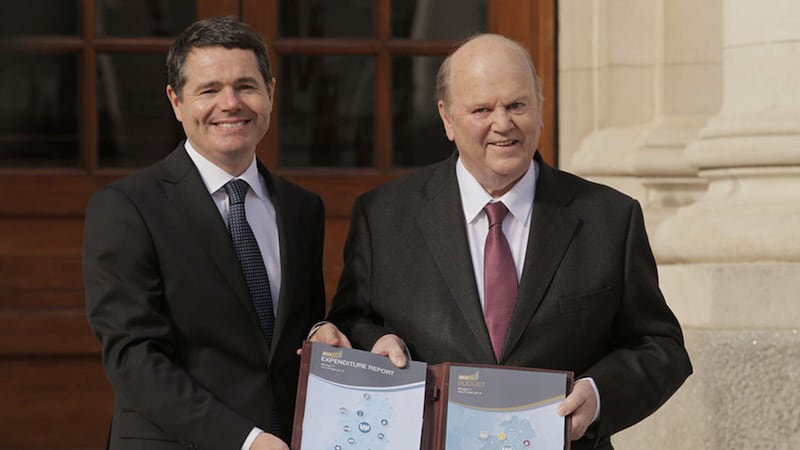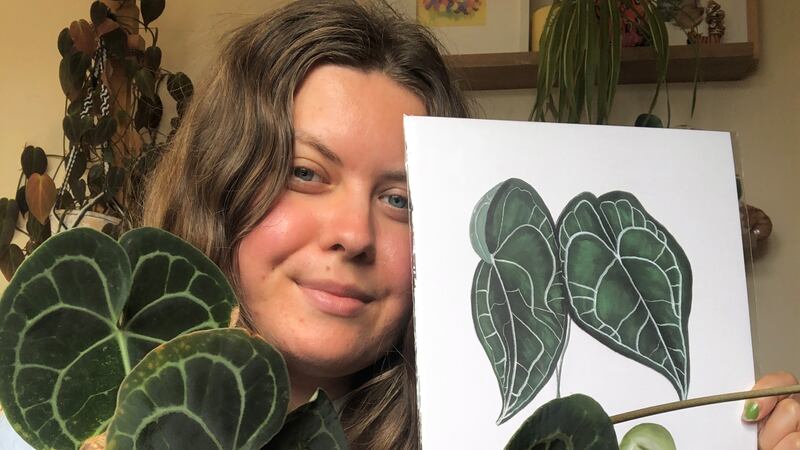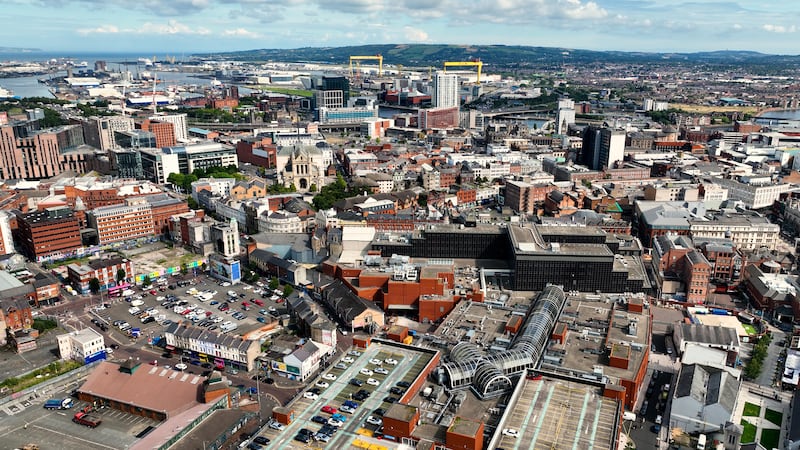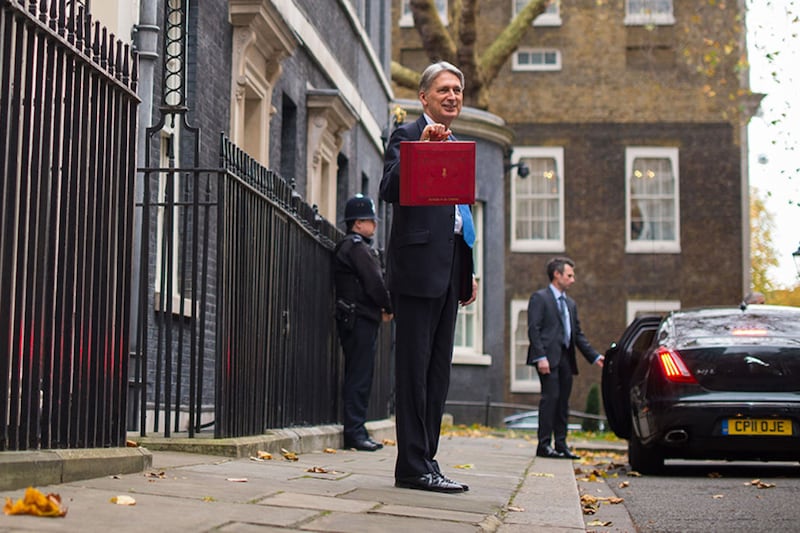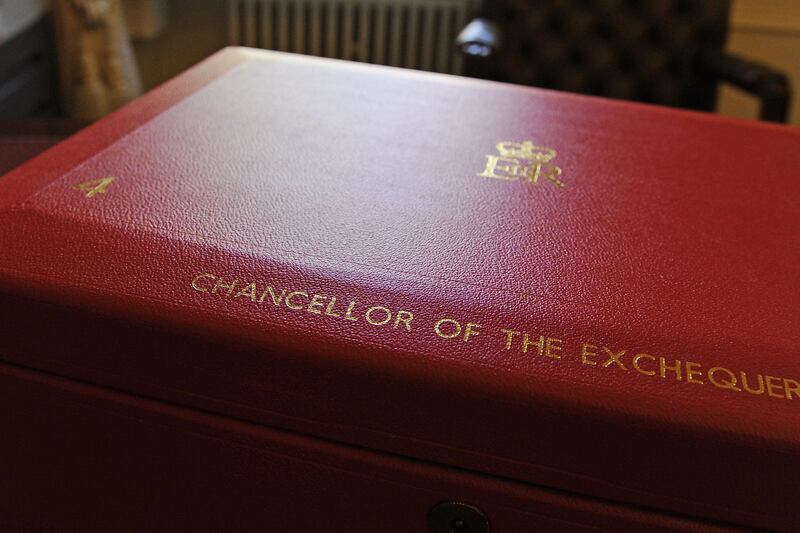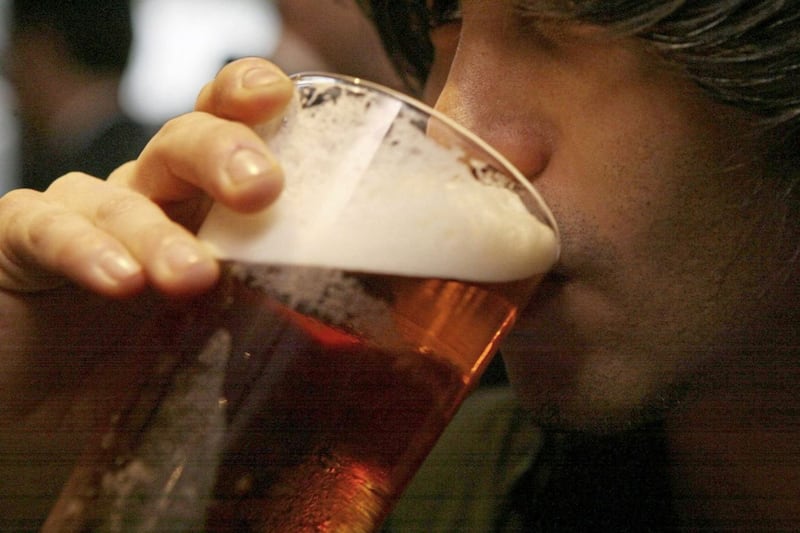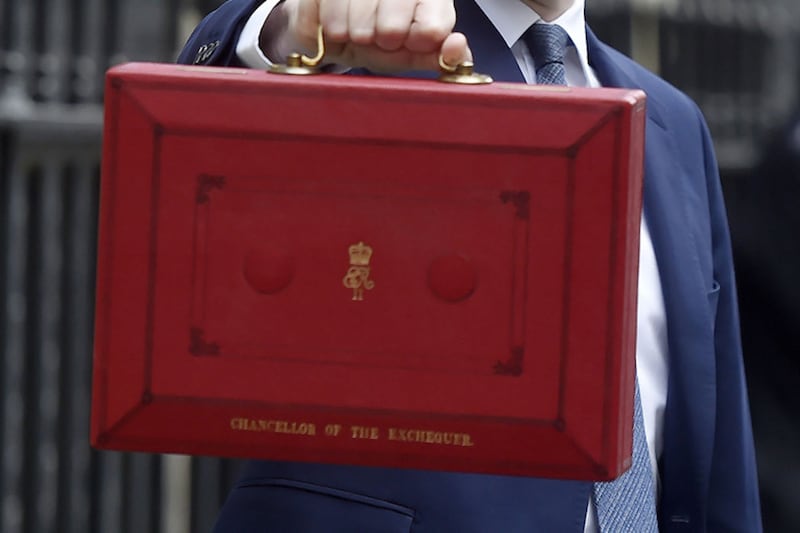Dublin's minority government has announced a raft of measures in its €1.3 million (£1.2 million) Budget to deal with the Brexit fallout.
Finance Minister Michael Noonan revealed breaks for tourism, food and agricultural businesses most directly hit by the UK's decision to pull out of the European Union.
"Whatever the final settlement, what we know with certainty is that Brexit has increased risk to the Irish economy and, as well as introducing specific measures to assist particular sectors of the economy, we must also put in place safety nets to protect us against future economic shocks," he said.
Mr Noonan said "economic shock absorbers" would allow Ireland deploy resources to reduce or eliminate the impact of future economic shocks linked to the EU referendum result.
But despite cutting its economic growth forecast for next year to 3.5%, he said the economy is in good shape, growing strongly and should continue to grow over the coming years.
The Budget, agreed with much of the Opposition benches for the first time in the Republic's history, will include 500 million euro (£450 million) of tax cuts, offset by measures increasing tax revenue worth 195 million euro (£176 million).
Overall, it favours spending increases over tax cuts by three to one.
Budget 2017 - live tweets
Among the headline measures are:
A new help-to-buy scheme for first-time house buyers struggling to get on the property ladder, giving a 5% rebate of up to 20,000 euro (£18,000) over four years on new houses.
Further cuts to the three lowest rates of the controversial austerity levy, the universal social charge, of 0.5%.
50 cent tax added to cigarettes, bringing major brands to more than 11 euro (£9.90) a packet.
Freeze on the reduced tourism and hospitality VAT rate of 9%.
A new sugar tax on soft drinks to be introduced alongside the UK in April 2018.
A two-year extension to a home renovation tax-break scheme credited with kick-starting much of the ailing construction industry.
On the spending side, key measures include:
An affordable childcare scheme with both means-tested subsidies for children aged between six months and 15 years and universal subsidies for all children aged six months to three years, to be introduced next September.
A five euro-a-week (£4.50) rise in the state pension and all other weekly social welfare payments - including the carer's allowance, disability allowance and jobseeker's benefit and allowance.
An accelerated Garda recruiment drive, taking on 800 new officers next year.
Public Spending Minister Paschal Donohoe said a number of government departments and agencies would be given more money to deal with the threat of Brexit, not least the Department of Agriculture, Food and the Marine which is getting an extra 119 million euro (£107 million).
"While Brexit has implications for us all, it is our rural and regional communities who may be looking with most anxiety to the triggering of Article 50 of the Lisbon Treaty by the British government," he said.
"This is a reflection of the concerns of people in some parts of our country where alternative employment may be scarce were they to lose their job, or where investment has historically been lower than in our larger cities."
